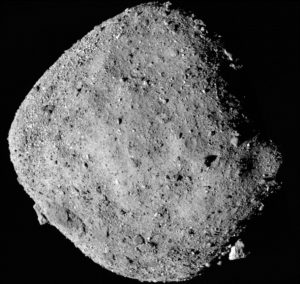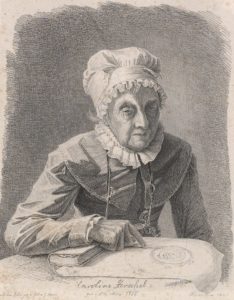The Planetarium Disaster
The day for the school visit to the planetarium for the “Caroline Herschel Exhibition” has finally arrived and all students are excited. Everything ran smoothly until the exhibition was over. One of the members of staff, disguised as Caroline Herschel, requested to keep a group of students inside the planetarium to show them rare constellations, but little did the teacher know that this was a ploy in order to abduct the students and keep them hostages inside the planetarium with the only possibility to escape being providing the abductor the money from the planetarium’s money vault. The abductor is a mad scientist obsessed with Caroline Herschel and cannot cope with the fact that her idol is dead. She wants to use this money to build a monument in her honour to receive the praise she deserves. The students have 50 minutes to solve the puzzles inside the planetarium and give the code of the planetarium’s money vault to the abductor in order to prevent the explosion she has planned in the basement. Astronomical knowledge will be the key to solving this escape room. Be smart and be fast!
Caroline Herschel
Caroline Herschel was a German astronomer, whose most significant contributions to astronomy were the discoveries of several comets, including the periodic comet 35P/Herschel-Rigollet.
Herschel was born in 1750 in Hanover, Germany. She initially followed a musical career, becoming a singing soloist. Caroline became interested in astronomy very early on during her journey to England in 1772 by way of constellations and opticians’ shops. When her brother William became interested in astronomy, she supported him and collaborated with him to build telescopes. While working as an ‘assistant’ to her brother, Caroline made her first discovery in 1783 where she found a nebula that was not included in the Messier catalogue. She discovered Messier 110. Between 1786 and 1797, she discovered 8 comets. George III granted her an annual salary of $50 for her work and she became the first woman in England to be honored with an official government position and the first woman to be paid for her work in astronomy. In 1828, the Royal Astronomical Society presented her with the Gold Medal for her work, an award that would not be awarded to a woman again until 1996.



